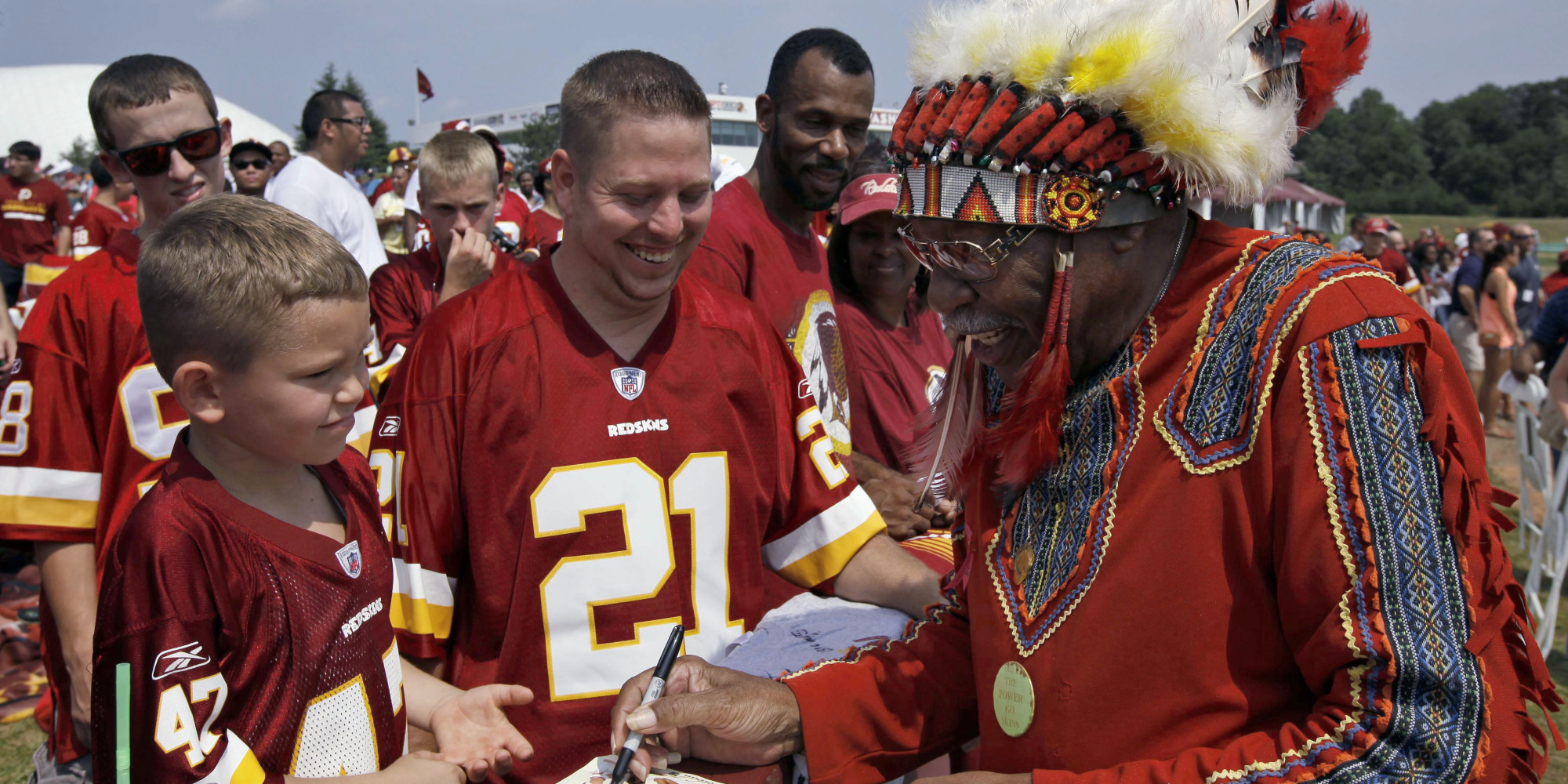In recent years the discussions surrounding the Washington Redskins name has intensified and an increasing amount of pressure has built for Dan Snyder and Washington’s NFL Team to change its' name.
A few weeks ago, this topic re-surfaced again for a surprising reason. The Washington Post conducted a large survey and found that 90% of Native Americans are NOT offended by the name.
“The survey of 504 people across every state and the District [D.C.] reveals that the minds of Native Americans have remained unchanged since a 2004 poll by the Annenberg Public Policy Center found the same result. Responses to The Post’s questions about the issue were broadly consistent regardless of age, income, education, political party or proximity to reservations.” (Washington Post, 2016)
At first I did not trust the validity of these results, however, I was swayed when Mr. Tony Kornheiser- one of the foremost experts on all-things Washington sports, stated that historically the Washington Post has been extremely critical of the Redskins’ name and the franchise as a whole. In his opinion, the survey’s result must have been bewildering for the people at the Post.
For all the talk about this issue over the past 5 years, I find it curious that the origins of the name never seem to be discussed. Shouldn’t this be an important factor when discussing the issue?
It’s my opinion, that a partial conclusion regarding the level of offensiveness of the name is revealed once its origins are clarified and understood. Why did the Washington Franchise choose this name?
Birth of the Redskins
The team began play way back in 1932 in Boston. The NFL was very much in its infancy, and up until the late 1940s, professional football was not very popular. College Football held a much higher stature and got a lot more respect than the professional game. There was a general opinion that College teams were actually better on the field than professional teams. At this time in the United States, baseball was king, and every other team sport aspired to be like Major League Baseball.
Due to the humble status of professional-football in the 1930s, NFL teams often relied heavily on their city’s MLB team for support and often used the baseball team’s field/stadium to play their home games. In these days it was very normal for the NFL team to name themselves after the baseball team. All of the following NFL teams got their monikers this way:
- New York Giants (named after the NY Baseball Giants- now in San Francisco)
- Chicago Bears (named after the Chicago Cubs theme)
- Pittsburgh Pirates (now Steelers- were named ‘Pirates’ from 1933-1939)
- Brooklyn Dodgers (lineage can be loosely traced to the Indianapolis Colts- named after the National League’s Dodgers)
- Cincinnati Reds (folded after 1933-1934- named after National League’s Reds)
The Washington Redskins are also on this list. For their inaugural season the team was named the Boston Braves- the exact name of the National League franchise (now in Atlanta). This name was chosen because the NFL team was set to play their inaugural season at Braves Field.
For their 2nd season, the team moved from Braves Field to Fenway Park. The owner, George Preston Marshall, felt pressure to change the team name because the Braves were the in-city-rival of the Red Sox. He wanted to keep close ties with the MLB Braves, but needed to pay respects to the Red Sox, now that his club was using their facility.
The result was that the ownership group came up with a unique solution to pay homage to both of Boston's MLB teams in one moniker- REDSKINS. The Native American theme, along with the logo, kept ties with the Braves, and the ‘RED’ in Redskins, was a tip-of-the-cap to the Red Sox. Both baseball teams were happy with this solution.
Ironically, the Redskins did not last long in Boston and by 1937 had moved to Washington, but continued using the Redskins moniker.
I think the conclusion that can be drawn from the origins of the Redskins’ name is that it’s clear it was not born out of ill-will towards Native Americans. Back in the 1930’s, a time of segregation and racism, these types of terms were commonly used, and the political-correctness of modern times was nowhere to be found.
Although the origins of the name certainly isn’t one of the top factors in determining what the Redskins should do moving forward with their moniker, I think this information needs to be brought into the mainstream discussion and adds important context to the debate.

